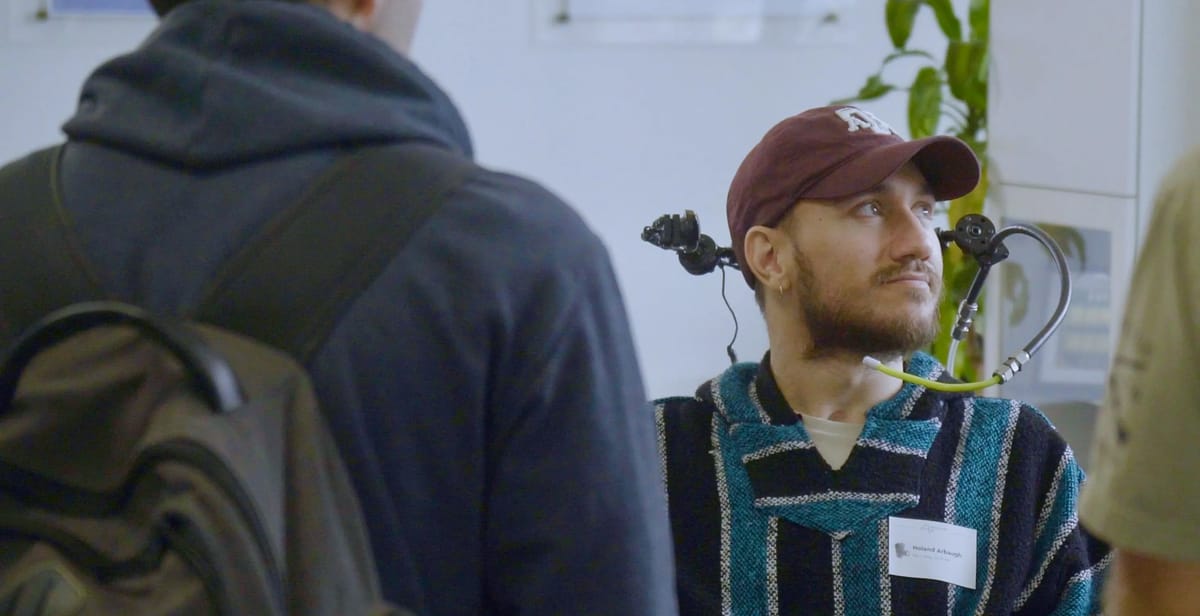Neuralink, Elon Musk’s brain-computer interface company, announced Monday it has raised $650 million in a Series E funding round, pushing its valuation to $9 billion. The funding will support the expansion of clinical trials and the development of devices aimed at restoring communication, vision, and mobility for individuals with severe neurological conditions.
Key Points:
- Neuralink secures $650 million in Series E funding, valuing the company at $9 billion.
- The company is conducting clinical trials across the U.S., Canada, and the UAE.
- FDA granted “breakthrough device” status for Neuralink’s speech and vision restoration implants.
- Patients with paralysis have used Neuralink’s implant to control devices with their though
The fresh capital represents a significant jump from Neuralink's previous $43 million raise in November 2023. Since then, Neuralink's brain chip technology has made some significant leaps. The company says it has now conducted more human clinical trials, implanting its brain chips in five individuals with severe paralysis.
The timing couldn't be better. In May, Neuralink received the U.S. Food and Drug Administration's "breakthrough" tag for its device to restore communication for individuals with severe speech impairment, adding to the breakthrough designation it received last year for its Blindsight vision restoration device.
But Neuralink isn't alone in this race. Synchron, a New York–based company backed by funding from Bill Gates and Jeff Bezos, has already implanted its device in 10 people, while Austin-based Paradromics on Monday announced it successfully implanted its BCI in a human for the first time.
I am the 3rd person in the world to receive the @Neuralink brain implant.
— Bradford G Smith (Brad) (@ALScyborg) April 27, 2025
1st with ALS. 1st Nonverbal.
I am typing this with my brain. It is my primary communication.
Ask me anything! I will answer at least all verified users!
Thank you @elonmusk! pic.twitter.com/bxYO3SBfA2
The patients already using Neuralink's technology are providing compelling proof of concept. Bradford Smith, who has ALS and is Neuralink's third patient, recently posted on X that he was "typing this with my brain." Another patient has used the implant to play chess and control video games through thought alone.
Neuralink has also expanded globally, launching clinical trials across three countries including partnerships with institutions like Barrow Neurological Institute and Cleveland Clinic Abu Dhabi. The company says it plans to use the funding to "accelerate our efforts to expand patient access and innovate future devices."
The $650 million bet reflects growing investor confidence that brain-computer interfaces are moving from science fiction to medical reality. With FDA breakthrough designations providing clearer regulatory pathways and expanding patient trials offering real-world validation, the race to commercialize brain chips is heating up. For the millions of people who could benefit from these technologies, the question isn't whether brain-computer interfaces will work—it's who will get there first.

